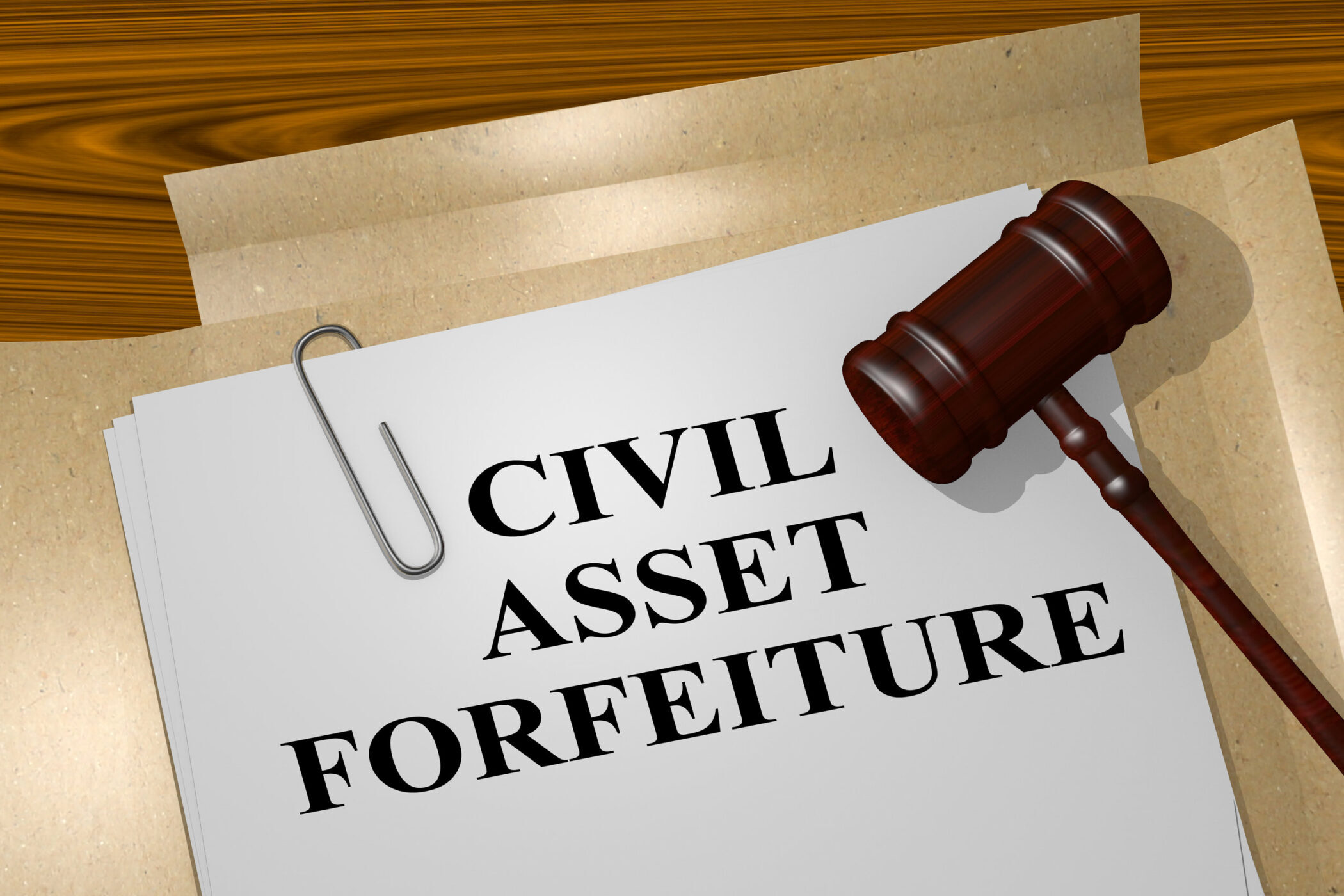When Richard Martinez bought a 1959 Corvette from an Indiana used car dealer, the Kansas man had no reason to believe his new ride was “contraband.” But that’s what the Kansas Highway Patrol determined after inspecting the classic car in 2016.
The KHP seized the Corvette in April 2017 and litigated in an attempt to destroy it ever since that day. In an amicus brief to the Johnson County District Court, Kansas Justice Institute urged the court to protect the property rights of an owner that the Kansas Highway Patrol recognizes as innocent.
Innocence matters. The government should not get to destroy Mr. Martinez’s car for a wrong he did not commit,” the brief reads. “That’s unconstitutional.”
KHP seized Martinez’s car under a statute that defines as “contraband” any vehicle with a Vehicle Identification Number (VIN) that has been “destroyed, removed, altered or defaced.”
During the KHP inspection, inspectors discovered a VIN in a non-public location beneath the car. They used a mirror to access a secret VIN plate, long ago painted over. According to the legal brief, someone restored the car long before Martinez made his fateful purchase, and it estimates the paint job is perhaps 40 years old.
The highway patrol and its government lawyers acknowledged that Martinez is an innocent victim.
“Instead of returning the car though, the government has spent years trying to destroy it,” the KJI brief reads.

Sam MacRoberts is the litigation director for KJI. (Kansas Policy Institute owns both the Sentinel and KJI.) Martinez is represented by a private attorney. However, MacRoberts penned the amicus brief in Martinez’s case for KJI, a non-profit, public litigation law firm.
According to MacRoberts, governments sometimes use asset forfeiture to take a person’s property without a criminal conviction. And in some cases, like Martinez’s, the government never even charged Martinez with a crime.
“When the government knows someone is innocent, they shouldn’t use their power and resources to take their property,” he said. “Kansas’ forfeiture laws are to blame. The United States and Kansas Constitutions do not permit the government to acknowledge a person’s innocence on one hand, and then on the other, declare the innocent person’s property contraband and take it,” he said.




